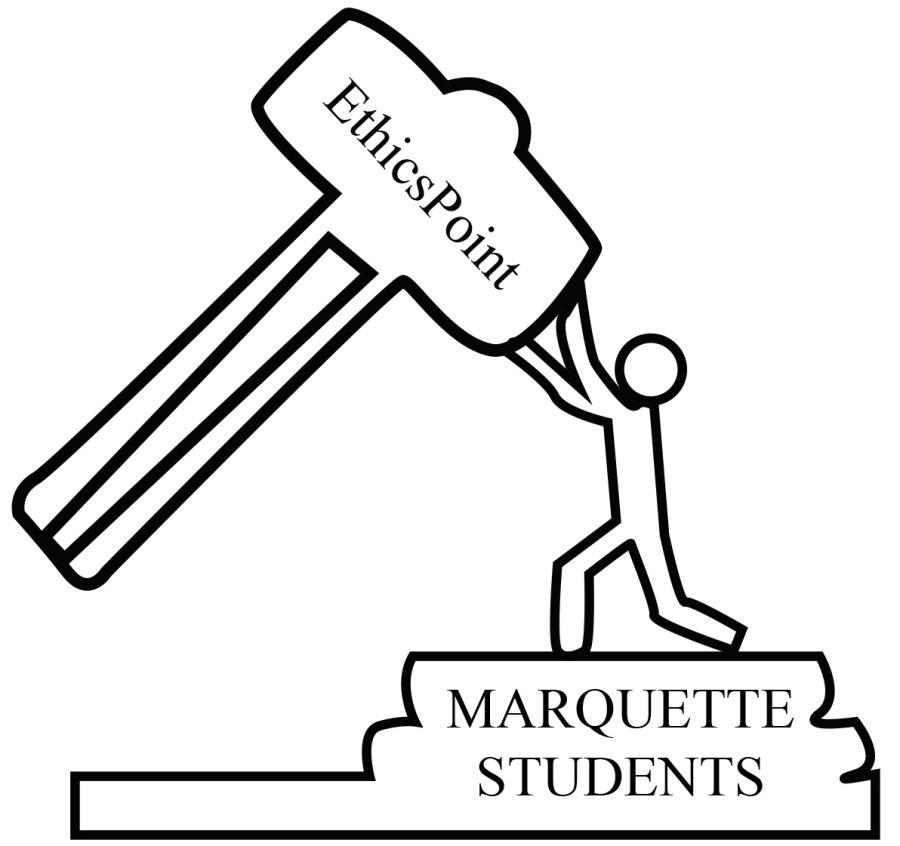The end of the semester means exams, projects and course evaluations. Course evaluations are anonymous surveys sent to students in an effort to evaluate the content and professors of the university’s courses.
The university should practice more open communication with the student body regarding evaluations. This includes informing students how evaluations affect curriculum and professors as well as the guidelines students should be using to complete them.
Course evaluations are a valuable resource for professors seeking to reflect on their teaching styles and address course content. Evaluations can also affect how course material is delivered to students in the future, said Richard Holz, dean of the College of Arts & Sciences.
However, the feedback process needs to be much more transparent for students. Students should know where evaluations go and how these responses are factored into the curriculum. Doing so may help students understand exactly why their feedback matters, and it may encourage more students to fill out the questionnaire. It may also encourage a higher volume of honest, constructive evaluations that can bring positive improvements to the classroom.
The results of course evaluations are not released until after final grades from all courses are submitted to the registrar, Marquette’s Office of Institutional Research and Analysis states. At that point, professors are able to view the aggregated results of the evaluations as well as student comments. Professors do not have the ability to see which students responded, only how many students answered.
The evaluations are a simple way for professors to get more immediate feedback about their courses, which allows time for professors to make minor alterations to their courses for the next semester.
Students are missing some key information that would make their feedback much more helpful for professors. The more structured the university makes the evaluations, the better students will be able to give feedback. It would be beneficial if students had access to information regarding what they were intended to learn throughout the course while filling out evaluations. This would ensure that students were comparing the course to its projected learning outcomes and not simply giving evaluations based on whether or not they enjoyed the material.
When it comes to evaluating, there is not much for students to weigh course curriculums against. Since students traditionally take each course once, there is no way for them to know how the course was supposed to be taught or if their professor met the guidelines given to them by the university. While professors have some room to be creative with their presentation of course material, there are certain objectives they need to meet as professors of the course.
Within the emails sent to students, the last sentence directs students to where they can find more information regarding confidentiality of the evaluations. Although the link provides helpful information, students may stop reading the email and not necessarily find it. The university needs to make this information more readily available prior to evaluation time. For example, sending out an email prior to evaluations with information may help. Marquette also needs to provide information regarding things other than confidentiality. Students may not want to respond to the evaluations for various reasons, but giving more information could encourage those to respond who otherwise would not.





